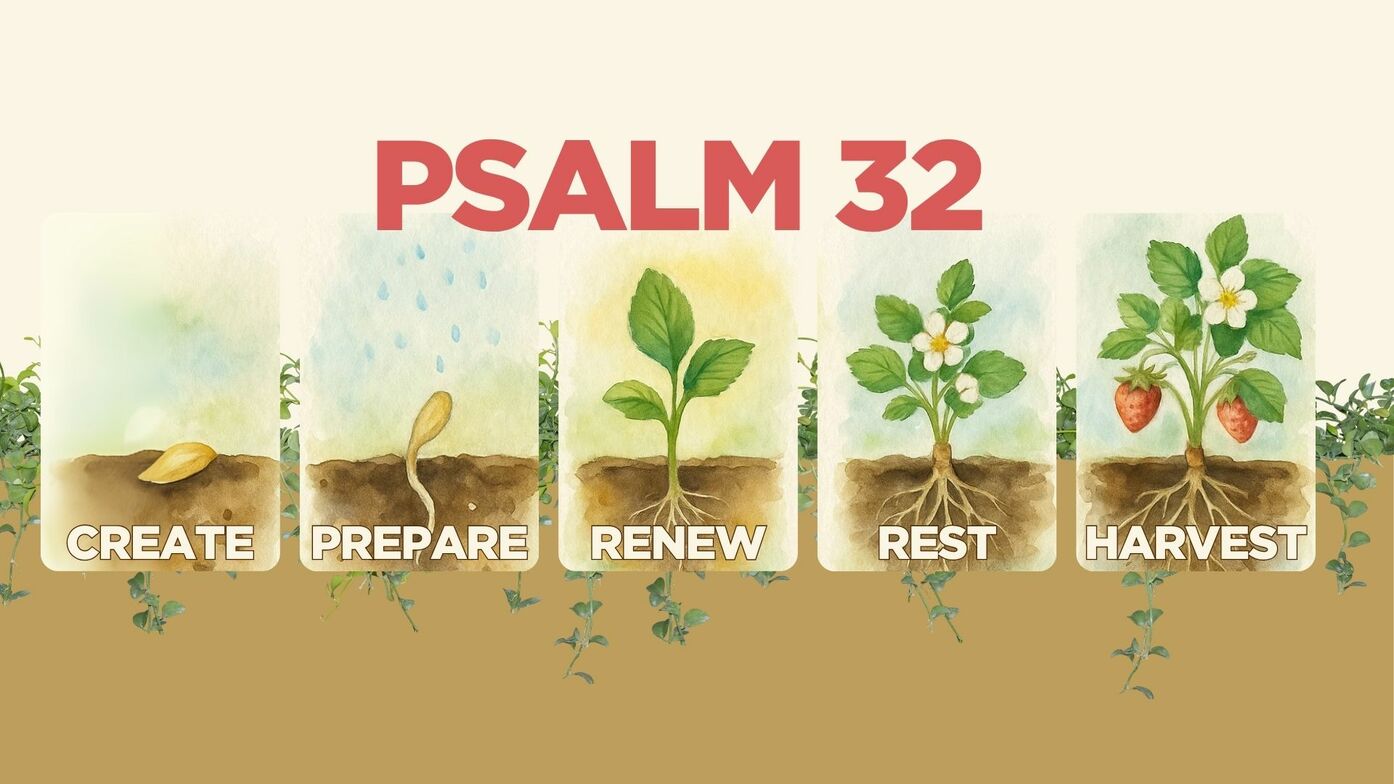
Summary
This sermon centers on the theme of "harvest," symbolizing the culmination of God’s work in the life of believers and the abundant life promised through Jesus Christ. Beginning with an invitation to join their worship services and Bible reading plan, the speaker emphasizes that Christian life is not about hardship alone but about joy, abundance, and transformation through God’s faithfulness. Drawing from agricultural imagery familiar to Jesus’ original audience, the sermon explains that just as a farmer plants seeds with the expectation of a fruitful harvest, Christians can trust that their spiritual labor will yield abundant fruit.
The message highlights Jesus’ ministry of healing, compassion, and proclaiming the "good news of the kingdom," which is a message of freedom, restoration, and joy. Jesus is portrayed as the Good Shepherd who knows His sheep intimately, protects them, and provides a safe pasture where they can thrive. The Greek concept of "zoe" (abundant life) is explored to show that Jesus not only offers eternal life but a quality of life filled with overwhelming joy and blessings.
The speaker contrasts the abundant life Jesus offers with the often negative stereotypes associated with Christianity today, encouraging believers to reclaim a joyful, joyful identity rooted in God’s promises. The sermon also touches on cultural references, such as the Netflix show *K-pop Demon Hunters*, to illustrate the human longing for hope and redemption through the concept of "utatastrophe," the turning point where despair flips into victory — a theme echoed in Christ’s resurrection.
Finally, the sermon encourages listeners to engage deeply with the Bible throughout the year, fix their eyes on the ultimate "harvest" — the joy, peace, and love awaiting believers — and live confidently in the knowledge that God never abandons His people. The message closes with a prayer for hope, encouragement, and a renewed experience of God’s abundant life.
Key Insights
- The Harvest as a Metaphor for Christian Life: The sermon uses the familiar agricultural cycle to explain the Christian experience—planting (faith and spiritual work), tending (discipleship and perseverance), and harvesting (spiritual fruitfulness and joy). This metaphor encourages believers to be patient and hopeful, knowing that their efforts in faith will bear fruit in God’s timing. It also emphasizes that the Christian life is purposeful and aimed at joy, not just survival.
- Jesus’ Ministry as Good News and Abundance: Jesus’ proclamation of the "good news of the kingdom" was radical in its promise of healing, restoration, and liberation from oppression. This counters modern misconceptions of Christianity as restrictive or joyless. Instead, the message is fundamentally about freedom, hope, and overflowing life, which should shape how believers live and share their faith.
- The Role of the Good Shepherd: Jesus’ self-identification as the Good Shepherd shows a deeply personal relationship with believers. Unlike hired hands who abandon the sheep, Jesus protects, provides, and knows His followers individually. This fosters security and peace amid life’s challenges, reminding believers of God’s unwavering presence and care. The analogy also invites believers to trust and rest in Him rather than relying on their own strength.
- Understanding “Zoe” and Abundant Life: The Greek word "zoe" enriches the concept of eternal life, indicating a life filled with vitality, joy, and abundance. Jesus’ promise is not merely survival after death but a full, overflowing life now and forever. The sermon’s detailed explanation of the word "abundantly" stresses that God’s blessings surpass basic needs, offering believers extraordinary joy and peace in every circumstance.
- Jesus’ Sacrifice as a Voluntary Act of Love: Jesus willingly lays down His life for the sheep, demonstrating the depth of God’s love and commitment to humanity. This voluntary sacrifice implies that God’s protection and salvation are not accidental or forced but an intentional act rooted in intimate knowledge and care for each person. It challenges believers to live in gratitude and assurance of their worth in God’s eyes.
- The Power of Storytelling and the Utatastrophe: The sermon draws on literary theory, especially Tolkien’s notion of "utatastrophe" — the turning point where all seems lost but hope is restored. This concept helps believers relate to the Christian narrative emotionally and intellectually, seeing Christ’s death and resurrection as the ultimate turnaround in human history. This understanding fuels hope and perseverance amid personal trials.
- Engagement with Scripture as a Pathway to Joy and Transformation: The sermon ends with a call to embrace a year-long Bible reading plan, emphasizing that scripture contains personal encouragement and promises for each reader. This ongoing engagement with God’s word is presented as crucial for nurturing faith, maintaining focus on the harvest, and experiencing abundant life daily, not just in the future.

